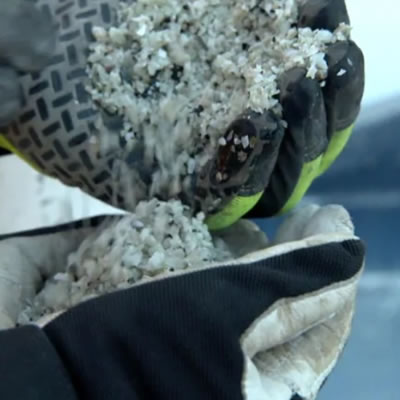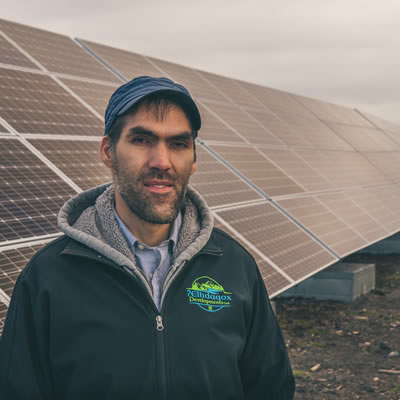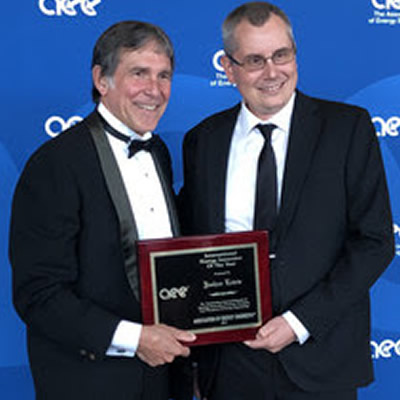Shell signs agreement with SBI BioEnergy Inc.

— Photo courtesy http://www.sbibioenergy.com
Royal Dutch Shell plc, through its subsidiary Shell International Exploration and Production B.V. (“Shell”), and SBI BioEnergy Inc. have reached an agreement granting Shell exclusive development and licensing rights for SBI’s biofuel technology. Edmonton-based SBI has a patented process that can convert a wide range of waste oils, greases and sustainable vegetable oils into lower carbon drop-ins for diesel, jet fuel and gasoline. Under the agreement, Shell and SBI will work together to demonstrate the potential of the technology and, if successful, scale up for commercial application.
“We are confident that Shell is the right industry partner to commercialize our low carbon intensity renewable fuel process,” says Inder Singh, SBI’s Founding President & CEO. “Working with Shell means that we have a partner with proven capabilities to investigate the potential this technology has for global application and that is something that is very exciting for us.”
SBI uses a continuous catalytic process that converts fat, oil or grease into renewable gasoline, diesel and jet fuel that can be dropped directly in to petroleum fuels. SBI’s drop-in products do not require blending or any modifications to engine or infrastructure. Biofuels emit less CO 2 than petroleum products so their addition to fuels has the potential to reduce transport emissions and help fuel suppliers to meet lower carbon or renewable fuel standards.
“SBI has a promising new Canadian biofuels technology,” says Andrew Murfin, General Manager, Advanced Biofuels for Shell. “This is a great opportunity for us to combine Shell’s innovation and commercialization capabilities with SBI’s technical expertise to investigate the potential this technology has for commercial application.”
Shell believes biofuels are essential to decarbonize transport fuels because they represent one of the most practical, commercial and cost-efficient solution to reduce CO2 emissions in the transport fuels sector over the next twenty years. Raízen, a joint venture between Shell and the Brazilian company Cosan, is one of the world’s largest producer of sugar-cane ethanol. Shell is also developing advanced biofuels made with non-edible plants and cropwaste.




